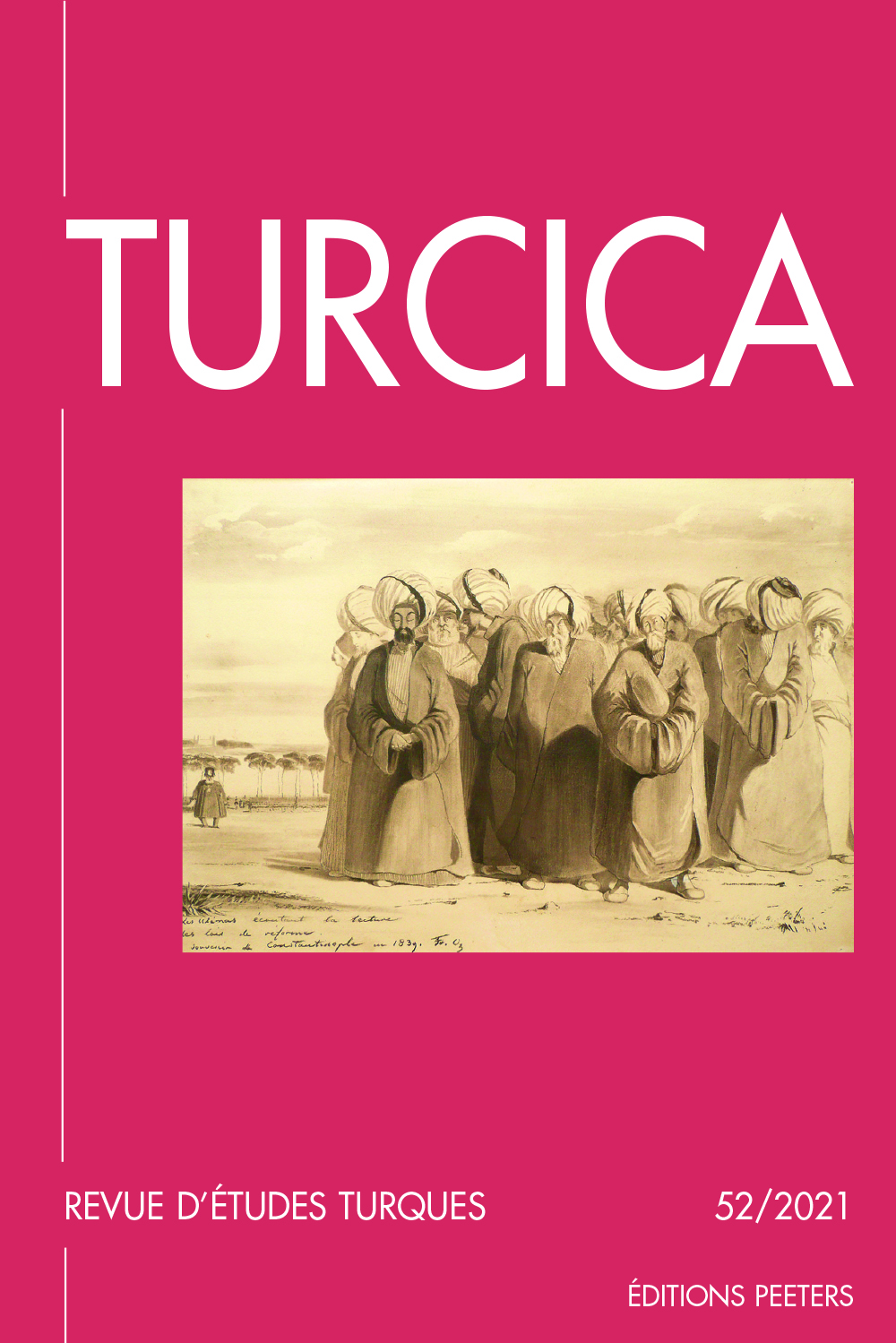 previous article in this issue previous article in this issue | next article in this issue  |

Preview first page |
Document Details : Title: Le recteur, le professeur et le Büyük Önder Subtitle: La théorie de la Langue-Soleil sous l'œil de Jean Deny Author(s): SZUREK, Emmanuel Journal: Turcica Volume: 42 Date: 2010 Pages: 279-303 DOI: 10.2143/TURC.42.0.2084406 Abstract : La Théorie de la Langue-Soleil peut très succinctement se résumer en trois propositions: la langue turque est la langue mère de l’humanité; la race turque est le vecteur supérieur de la civilisation universelle; c’est dans l’adoration du soleil que l’homme (turc) préhistorique a émis les premières sonorités articulées. Ces thèses furent, comme on le sait, le principal objet de méditation des participants du troisième kurultay de la langue turque qui se tint à Istanbul en août 1936, parmi lesquels un certain nombre de savants étrangers. On affirme souvent que l’accueil, généralement mitigé, de la linguistique internationale à la Théorie de la Langue-Soleil, mena les linguistes turcs à un début de désenchantement. Cet article montre qu’il n’en fut rien: à l’exception notable de Jean Deny et de Sir Denison Ross, la plupart des scientifiques invités à Istanbul, inféodés à leur diplomatie nationale ou intimidés par le régime kémaliste, finirent par cautionner la nouvelle théorie, confortant ainsi le fantasme des origines qui animait leurs homologues turcs. The Sun-Language Theory can roughly be boiled down to three main assumptions: the Turkish language is the Mother-tongue of humanity; the Turkish race is the highest propagating agent of world civilization; the cult of the sun drove the prehistoric (Turkish) man to utter the first articulated verbal communication. As we know, these assumptions made up the main food for thought at the third kurultay of Turkish language that was held in Istanbul in August 1936, which was primarily attended by a good number of foreign scholars of linguistics. It is often stated that the overall rather skeptical reaction of the international linguists to the Sun-Language Theory made the Turkish linguists somewhat disenchanted. The present contribution shows that, to the contrary, with the notable exception of Jean Deny and Sir Denison Ross, most foreign scholars who attended the 1936 kurultay, either bound as they were by their national diplomacies or by their reluctance to counter the Kemalist regime, did stand for the new theory, and ended up strengthening the Turkish chimerical quest for origins. |
 |


